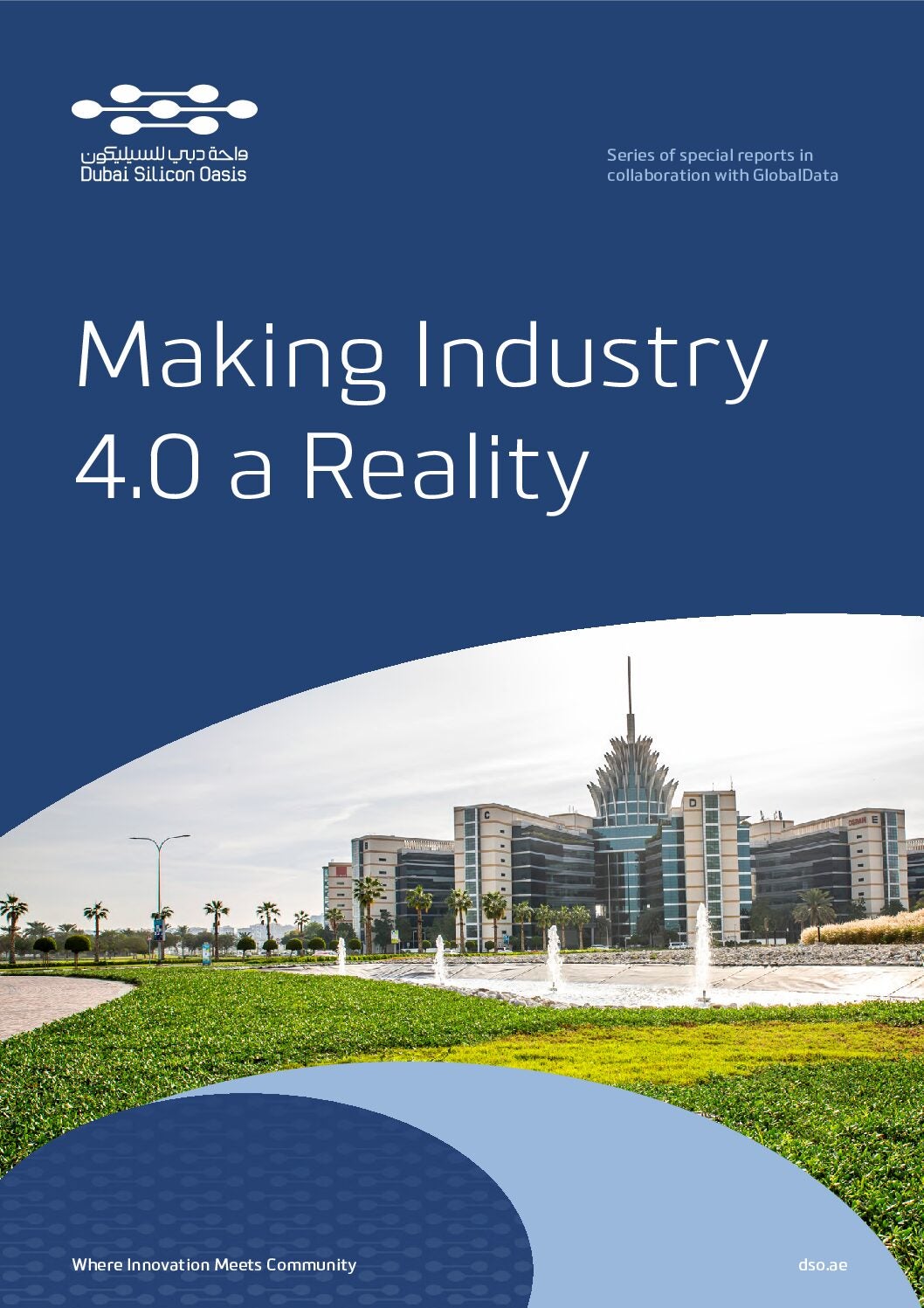In the quest for sustainable and responsible business practices, companies operating in the energy sector face the formidable challenge of reducing their carbon footprint.
This challenge becomes even more pronounced in industries traditionally associated with high emissions, such as oil and gas.

US Tariffs are shifting - will you react or anticipate?
Don’t let policy changes catch you off guard. Stay proactive with real-time data and expert analysis.
By GlobalDataAs environmental concerns grow and regulations tighten, companies are increasingly being held accountable for their Scope 1 emissions, and there’s a looming possibility of Scope 3 monitoring being introduced in future regulations. In this complex landscape, Internet of Things (IoT) technologies emerge as a powerful ally to energy companies, enabling ongoing data analysis to monitor and optimise their decarbonisation efforts.
Resilient grids and operational efficiency
At its core, IoT offers companies a multifaceted solution that not only aids in reducing their environmental impact but also contributes to cost savings and risk evaluation, all while aligning with environmental, social, and governance (ESG) criteria. The key lies in the data collected through IoT-connected devices, primarily sensors, which provide a wealth of information for comprehensive analysis. These devices monitor variables crucial to operational efficiency, energy demand, and environmental factors like air and noise pollution.
One of the most significant advantages of integrating IoT devices is the ability to continuously analyse and adjust operations and plant running. This real-time monitoring minimises the risk of business disruption, improves resource management, and extends the life of critical infrastructure and assets. Furthermore, IoT facilitates a smoother transition to renewable energy sources by providing insights that encourage their integration into the grid. This not only aligns with global efforts to combat climate change but also positions companies in a stronger position when redesigning their business structure and plant portfolios.
Data-driven decarbonisation
Moreover, IoT devices contribute to data collection that supports environmentally friendly initiatives. For instance, the monitoring of greenhouse gas (GHG) emissions is crucial for assessing progress towards carbon reduction goals. This data-driven approach enhances transparency as businesses can demonstrate how they monitor and act on their environmental initiatives. The collected data becomes an asset in the hands of these companies, helping them make informed decisions about their environmental impact.
Predictive analytic tools, informed by the data collected through IoT devices, play a pivotal role in planning and executing ESG initiatives. AI-based predictive maintenance algorithms can detect potential equipment failures, preventing production shutdowns and ensuring the continuous operation of power plants. This not only improves overall operational efficiency but also contributes to sustainable practices by minimising wastage and reducing the environmental impact of unforeseen events.
Informed and responsible business practices
The integration of IoT in the energy sector marks a transformative step towards sustainable and responsible business practices. By harnessing the power of ongoing data analysis, companies can not only meet regulatory requirements but also proactively contribute to environmental conservation.
The adoption of IoT devices empowers businesses to make informed decisions, reduce their carbon footprint, and embrace a future where energy production is not only efficient but also environmentally conscious. As we navigate the challenges of the 21st century, IoT becomes an essential technology group guiding the energy sector towards a greener and more sustainable future.










